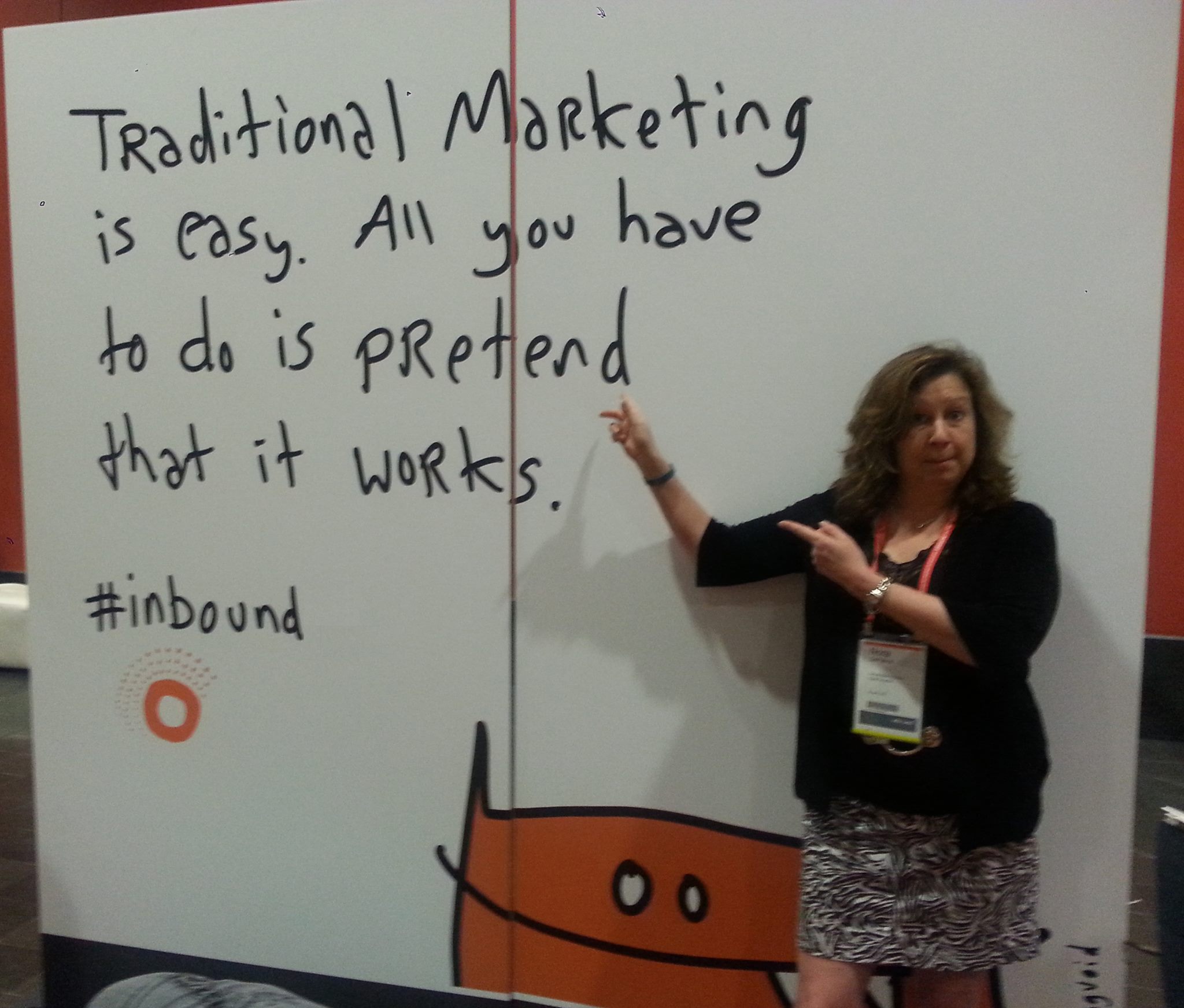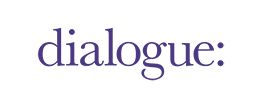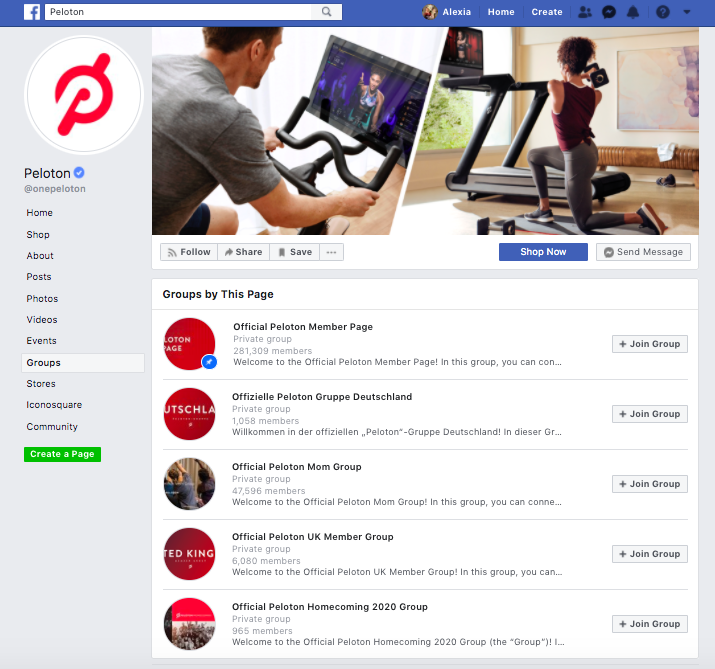Facebook Marketing Strategy FAQs
These are our most frequently asked questions from clients about Facebook marketing strategies.
Quick Links:
+++
What is the minimum amount a business needs to spend on Facebook to be successful?
+++
+++
+++
Is organic social better than paid social?
+++
What works best on Facebook to attract organic engagement?
+++
What works best for Facebook paid advertising?
+++
What are "Ads of National Importance" on Facebook and how might it affect my Facebook campaign?
Why Facebook?
Facebook has huge reach across multiple generations - Baby Boomers, GenX, Millennials and, yes, even GenZ, make up the 253 million active users in North America.
Whether they’re consuming news or catching up with family and friends or even engaging with like-minded enthusiasts through Facebook groups or Watch Party, the majority of people are on Facebook. It’s also relatively low-cost to advertise to reach these people.
+++What is the minimum amount a business needs to spend on Facebook to be successful?
If you are posting content on your Facebook page, you can get more views and engagement by boosting it to a targeted audience for six-to-seven days for as low as $5. You will get an increase in both engagement and reach for a low CPM.
Advertising is usually a better investment than boosting, however, because you can target your audience and creative more effectively. The minimum amount for advertising results is $10 per day or about $300/month. Learn more below about the difference between Facebook boosting and Facebook advertising.
+++What are the differences between Facebook Pages and Facebook Groups? When do you use each as a business?
Think of a Facebook page as a website. You can host a product catalog, post and sell tickets to events, answer questions, receive reviews and post hours and contact information. Your branding (visuals, brand voice, copy) should mirror what’s on your website for consistency's sake. They are open to all to see and they will show up when people search your brand name on or off Facebook.
Here is part of the Dialogue Facebook page. We use the same header from our website home page on our Facebook page.

Building followers provides social proof about your business, but it doesn't automatically mean engagement. Only about 1% of your followers will see your page posts organically. That's why we advise boosting each post on your page by at least $5.
Facebook Groups are where the engagement happens. You can create a community among people who share your brand's mission. Peloton, for example, has five branded Facebook groups that target moms, members, and more specifically, members in Germany and the UK.
Facebook groups need care and nurturing, introductions for new members, and encouragement for members to engage with each other. It's not for every brand, but Facebook Groups can be a cost-effective way to build engagement at scale.
+++What is the difference between a boosted post and an ad? What are examples of when you would use each?
The difference between a Facebook ad and a boost is that a Facebook ad comes in an array of formats - carousel, single image, video and "instant experience." They help drive traffic to your website and increase brand awareness.
Facebook ads also allow you to set objectives based on what you want people to do. If you're looking to generate leads, you can set your ad to capture leads. If you want to drive sales, you can create an ad that will target people who are most likely to shop your product. Facebook ads are also delivered to people who are not only on Facebook, but can also be placed on Instagram, WhatsApp and other online destinations with the right creative.
Facebook boosts, on the other hand, are posts from your Facebook page. When you put some money behind your posts and boost, Facebook increases the number of people who see your post. They're incredibly useful to drive high engagement on your page since less than 1% of your Facebook followers will see your posts.
+++Is organic social better than paid social on Facebook?
Organic social means you earned interest and engagement without boosting or paying for reach. "Going viral" is the most common way to describe organic social. For the right message, earning reach and engagement is very powerful, just like its cousins, media relations and online reviews. When other people say great things about you, it's always much more powerful than when you try to explain the great things you do.
Good organic engagement also signals to Facebook that you have a truly engaged audience, which their algorithms view favorably.
Paid social gets you where you want to go faster and on a predictable, regular basis. If resources are limited, focus on paid strategy, but layer in organic strategies when you can to help improve your overall results from Facebook.
+++What works best on Facebook to attract organic engagement?
Content that matters. Your Facebook page should generate value to your business but to get your content strategy going, you need think: Why does this matter to my audience?
Avoid posting for the sake of posting. It doesn't work. Test, test, test and drive value for your business and audience.
Engage. This is where the "at scale" part of engagement at scale comes in. Answer questions, soothe concerns and lift up super fans. A fast response time on your page messages earns you a fast response time badge from Facebook.
+++What works best for Facebook paid posts?
Visuals. Not only does Facebook reward marketers who use high-quality visuals in their ads, but as a consumer, wouldn't you question a fuzzy-looking image in your newsfeed? I know I would! I may even start wondering if my Facebook account was hacked.
Visuals draw the user in, they capture their attention and build trust in your business. Once you've got the end users' attention, they will click, comment, share, like - they will take an action with your paid post. Just be prepared to answer questions - even a simple "thank you" goes a long way in building your customers' trust and brand loyalty on social media.
+++What are "Ads of National Importance" on Facebook and how might it affect my Facebook campaign?
Facebook requires an authorization process for U.S. advertisers whose content is considered "social issues" or related to elections and politics. In my experience, they have a very broad definition of social issues, so if you are in the sustainability or education space, you probably need to go through this process before you can advertise on Facebook. Team members -- internal and external -- have to be individually authorized and the page needs to be authorized. It can be a 3-4 week process, so if you aren't sure if you'll need it, we always tell our clients to get it done. Nora DePalma, our Dialogue CEO is authorized and can place ads on your behalf.
Have a question about Facebook we haven't answered here? Post it on our Facebook page or email Nora!
Share this
You May Also Like
These Related Stories
.jpg)
What Is Engagement Strategy?
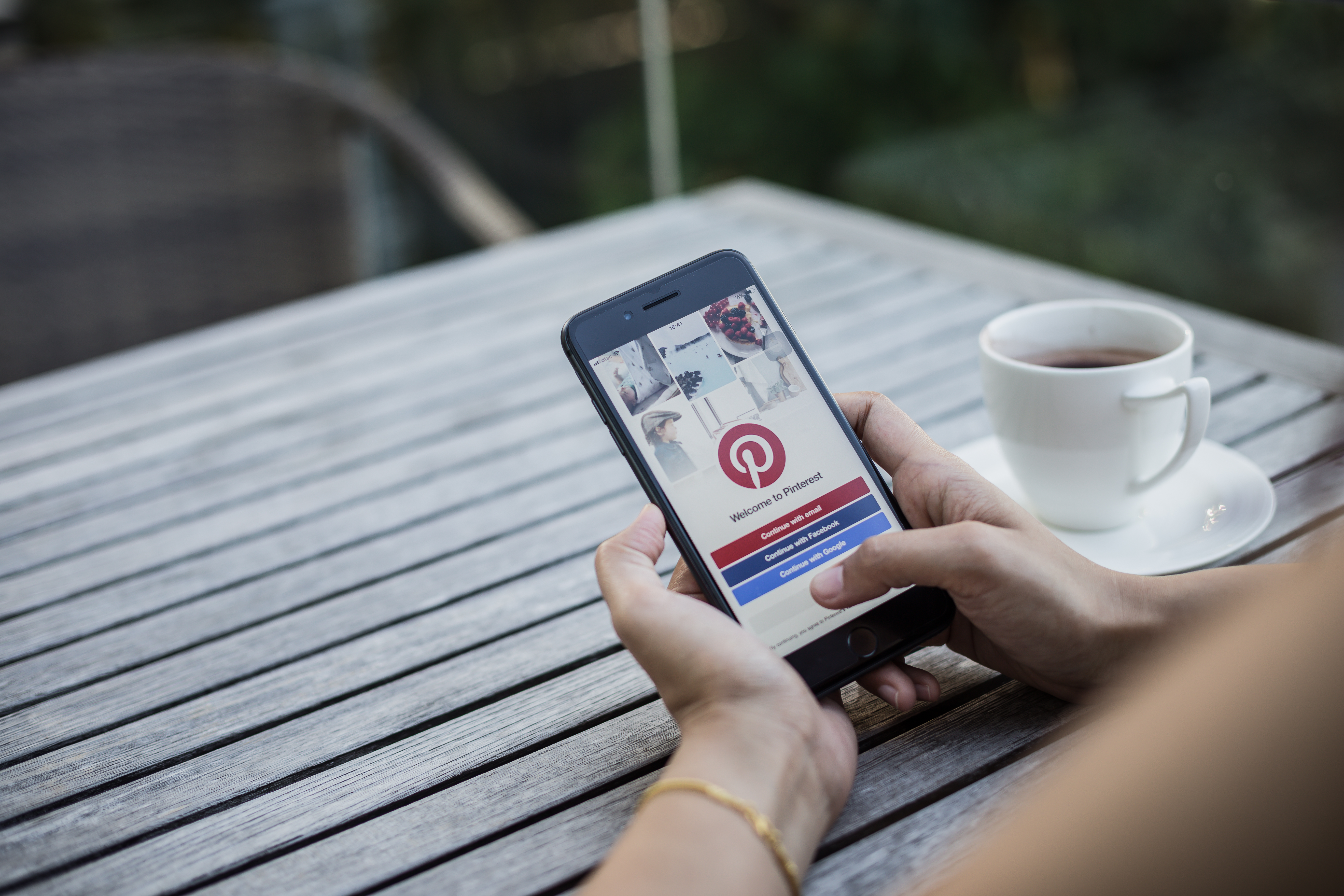
Pinterest Marketing Strategy: The Best Organic Search Engine You're Probably Not Thinking About
